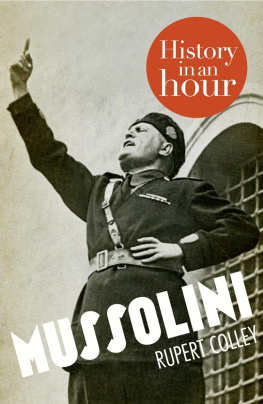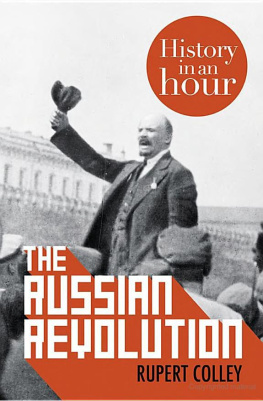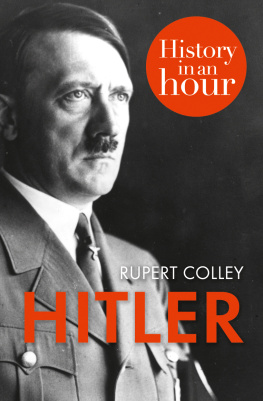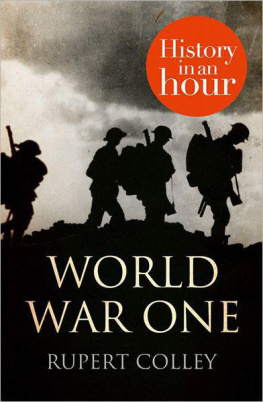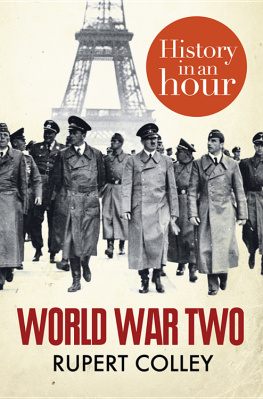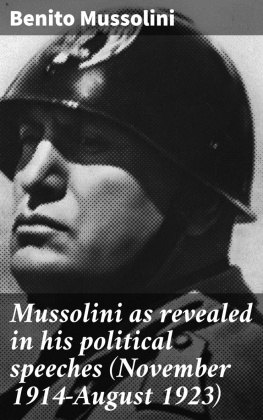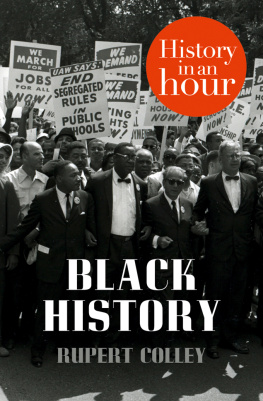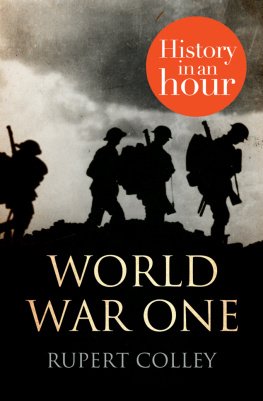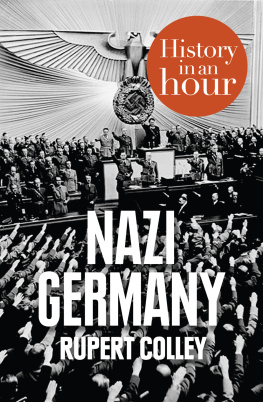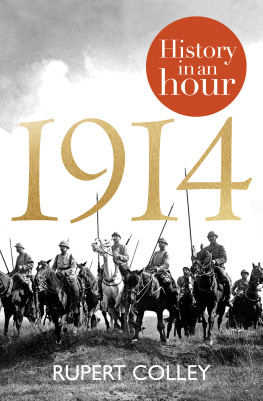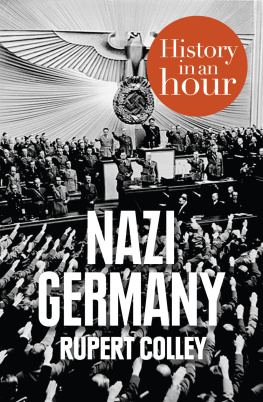Here lies one of the most intelligent animals who ever appeared on the face of the Earth. These, in 1937, were the words that Benito Mussolini wanted on his tombstone. Eight years later, his battered body was hung upside down for public display in the centre of Milan. There, until a few months before, thousands of people had congregated to hear him speak; now they congregated to throw abuse at his dangling corpse. He was then hastily buried in an unmarked grave in a Milanese cemetery. There was no funeral; no processions or tributes. For a man so sure of his place in the world and in history, he could not have foreseen a more undignified end.
Brash, arrogant and vain in the extreme, Benito Mussolini dreamt of making Italy a superpower, akin to the great Roman Empire of old with him at its helm. Il Duce, the Leader, as he liked to be known, ruled Italy from October 1922 until his downfall in July 1943, increasing his power from that of prime minister to fascist dictator. But as a boy, Mussolini was brought up with firm socialist ideals and, as a young man, became a leading figure in Italian socialist circles. His abrupt conversion to ardent nationalism during the First World War paved the way to power and the founding of the Italian fascist state.
Churchill described Mussolini as a Roman genius, Roosevelt called him that admirable Italian gentleman, while Gandhi admired his sincerity. But here was a man who had come to power on the back of violence and whose continued existence in office depended on oppression. He was a war leader without a strategy; an atheist who courted the Pope, a republican who accommodated the king, the builder of a totalitarian state based on compromises; a man who both despised and admired Hitler; a champion of the Jews and an anti-Semite; a loyal husband with a string of mistresses. A tyrant and a charmer, a charismatic leader and a meek follower, Mussolinis life was one of contradiction and one that led his nation to catastrophe and resulted in his own violent, sordid end.
This, in an hour, is the life of Benito Mussolini.
Italy, as a nation, had only been in existence since 1861 when Victor Emmanuel II of Piedmont was declared king of the new Kingdom of Italy. Before unification, Risorgimento, Italy had existed as a number of independent states often under the rule of a foreign power. Only Rome resisted unification, despite it being designated capital, until, in 1870, it too had been incorporated, albeit forcibly, into the new nation state.
The high ideals and excitement of existing as one state evaporated as deeply ingrained political divisions, widespread poverty and deep-rooted corruption blighted the nation in its infancy.
Nature had already ensured that Italy suffered from a northsouth divide. The climate and poor soil rendered the southern half of the country far harder to cultivate and for its population, of whom 90 per cent were still illiterate by the turn of the twentieth century, an existence of hardship and sometimes near starvation. Their situation was too often exacerbated by the equally divisive northsouth political divide. Power was entirely rooted in the north, a system riddled with corruption, bribery and selfishness. From unification to the outbreak of the First World War in 1914, Italy had no less than twenty-three prime ministers, each governing with a series of ineffectual coalitions that failed to address the many pressing questions affecting the country as a whole. Rendered impotent, the king was unable to intervene, nor, following his death, was his son, Umberto I, who was assassinated in 1900.
For the mainly rural south, unification brought no benefits and only the scourges of higher taxation and conscription. The franchise, limited to the literate, property-owning classes, effectively excluded much of the southern population. Many southerners were attracted to the socialists or anarchists whose members sought to exploit their grievances for their own ends. Corruption was as rife in the south as it was in the north, giving rise to ruthless gangs, from which emerged the Sicilian-based Mafia.
Amidst this chaos was the Pope. Unification had stripped Pius IX of his vast territories stretching across central Italy, the Papal States, leaving him, by the Law of Guarantees of 1871, only the immediate area surrounding St Peters Church in Rome. Pius IX (at almost thirty-two years, the longest-serving Pope) and subsequent popes, refusing to recognize the Italian king or the Kingdom of Italy, declared themselves prisoners of the Vatican and refused to step outside its confines. Church and State were at loggerheads, a situation referred to as the Roman Question, and were to remain so until Mussolinis deal with the Vatican in 1929.
Much of the division that straddled and defined Italian society at the turn of the century was embodied by a typical married couple living in a small village near the northern Italian town of Predappio in Forli. He, a blacksmith, was an atheist and a republican. Uneducated, he learnt to read and write, and, as an ardent socialist, was often arrested for his political activities. She, a traditionalist, was a devout Roman Catholic, and while her husband was out, agitating or drinking, worked as a teacher to maintain the family home. On 29 July 1883, she gave birth to a son. Her husband insisted he be named after three socialists he admired. Hence Alessandro and Rosa Mussolini named their firstborn Benito Amilcare Andrea.
Alessandro Mussolini.
The young Benito Mussolini was brought up under the twin gods of Marx and the Pope, forced to attend Mass on a regular basis and dragged by his father to the pub to meet his socialist friends. Neither influence did anything to curb his aggressive behaviour. I was not a good boy, he freely admits in his 1928 autobiography; I was, I believe, unruly. He helped Alessandro in the furnace where his fathers political fervour shaped his own outlook. But it was his mother he loved. To displease her was my one fear, he wrote. Yet this fear did little to mend his ways. Unable to discipline her wayward and bullying son, his mother sent the 9-year-old Benito to an austere school run by Roman Catholic monks. The environment only heightened Benitos awareness of his modest origins and humble means, and the strict routine made his behaviour worse. A loner, he got into fights and was, he said, not very assiduous. Eventually he was expelled for attempting to stab a fellow pupil and fighting one of the monks. Sent to a more relaxed school nearer to home, he fared no better and again was expelled for brandishing a knife at another student.
Education had done nothing to tame Benitos disruptive conduct and at the age of 17 all he had to show for a decade of schooling were the abilities to play the trombone and speak in public. The latter was a skill that would serve him well in his coming career. The former, less so.
Despite his poor performance at school, in 1901 Mussolini qualified as a schoolteacher. The pay was poor and the work dreary. Teaching, he concluded, did not suit me. Meanwhile, Mussolini devoted much time to his twin passions, both inherited from his father socialism and women. His looks and magnetism certainly attracted women, often the wives of other men, and often also resulting in fights.



